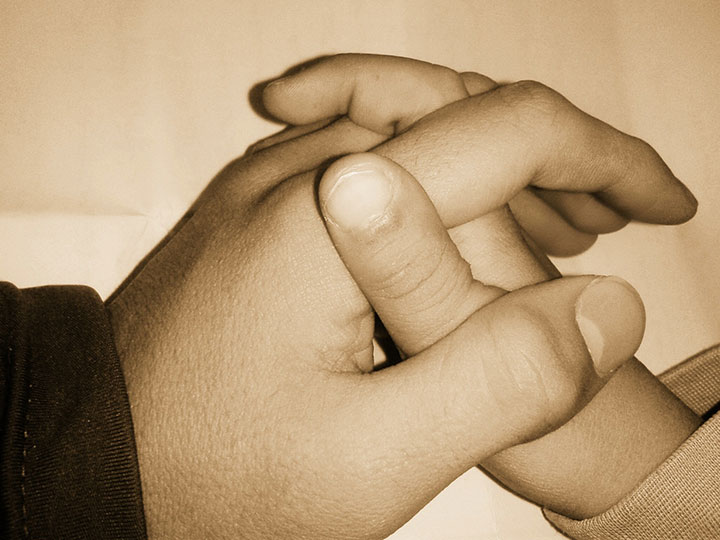
Seeing that your children are properly cared for is among the top concerns if you and your partner divorce. Child joint custody arrangements are typically made as part of a divorce settlement in order to legally enforce the best interests of the child.
Rights Under Joint Custody Arrangements in Texas
In the state of Texas, the court assumes that parents will assume joint custody and joint responsibility for the child. Child custody is generally referred to as “conservatorship;” in court documents, the child’s custodian will be referred to as the conservator.
There are two main types of conservatorship arrangements in Texas. Under most common, you will have what is known as joint managing conservatorship. Both parents share rights and responsibilities to the child or children under the state’s joint custody law.
These rights include:
- access to medical, dental and educational records for the child.
- the right to get information about the child from the other parent.
- the ability to consent to medical, dental and other procedures on behalf of the child.
- the ability to talk to school officials about the child’s welfare and education, which includes school activities.
While both parents share the rights and duties under this arrangement, the right to make some decisions may be awarded to one parent only. This is typically decided when the judge feels that this is in the best interests of the child.
Other custody options in Texas include both sole legal custody and emergency custody. These are typically only pursued when there is a compelling reason to limit one parent’s access to the child.
Legal Versus Physical Custody
While both parents are given legal custody in a joint arrangement, one parent or the other is typically awarded physical custody. The joint custodial parent who has physical custody will be the one who the child lives with. This is also referred to as “possessory conservatorship.”
Child Support and Other Responsibilities
What your specific obligations will be will depend largely on your specific custody arrangements. Typically, the parent who has physical custody of the child will collect child support payments. Visitation schedules are also set up based on who gets to spend time with the child when. In some cases, child support payments are altered based on time spent with the child. For instance, parents who swap weeks spent with physical custody of the child will have a different arrangement than parents where one party has physical custody and responsibility most of the time.
By working out your arrangement with your former spouse together, you can reach arrangements that fit you, them and the best decisions for your child. Get in touch today to learn how we can help with your custody case.



